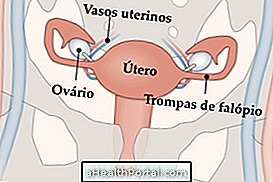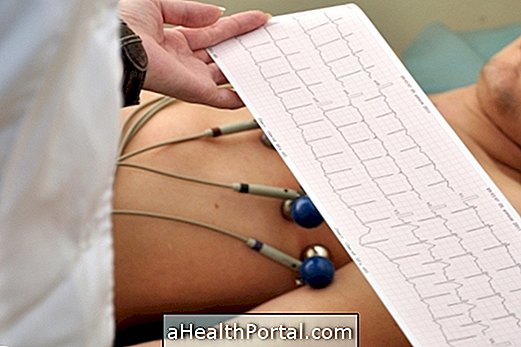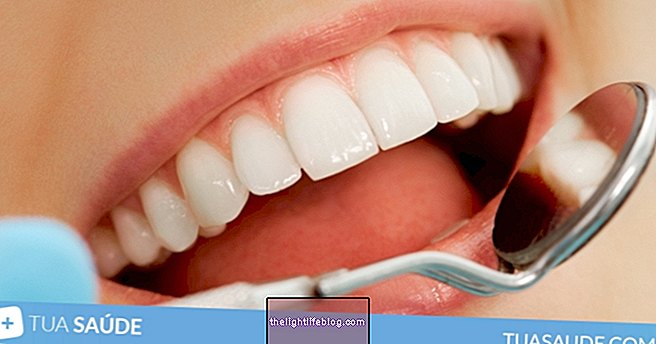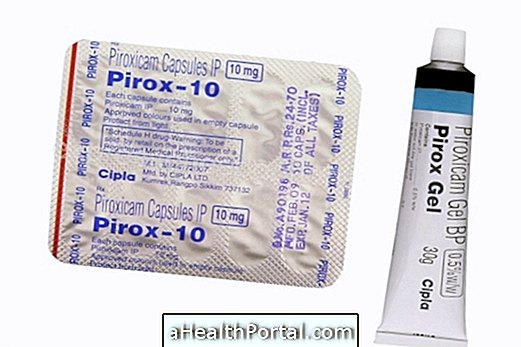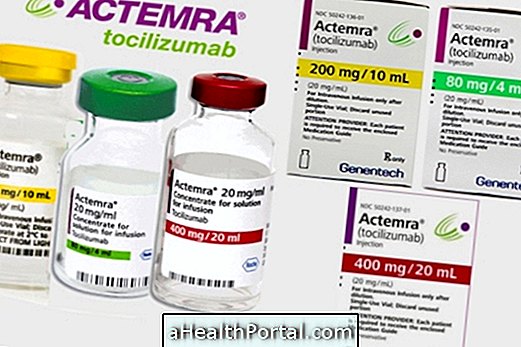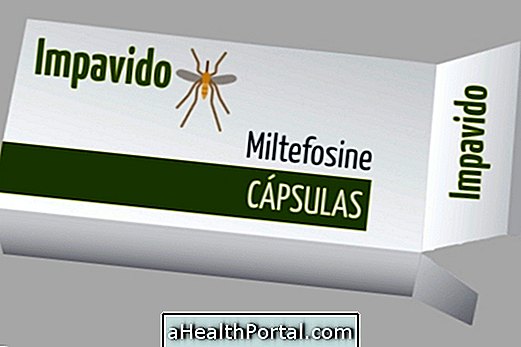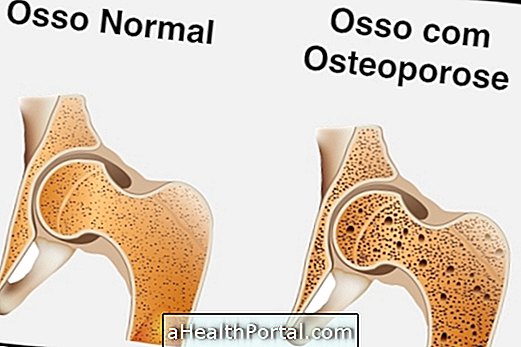Cranial trauma is a head injury that can affect only the skull in the case of fractures or cause serious damage to the brain, such as a bruise or blood clot, which is called head trauma .
Usually, the skull protects the brain from moderate external strokes, such as giving a butt, but cases of severe trauma, such as falling from high altitude or car accidents, can cause brain damage that should be treated as soon as possible.
Cranial trauma has a cure, depending on its cause and severity, however, the individual may have sequelae such as coma, epilepsy, paraplegia or blindness, especially when the brain is affected.
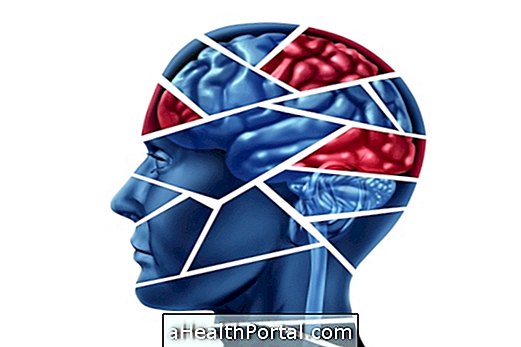
Symptoms of head injury
Symptoms of head trauma arise especially in severe cases and include:
- Severe bleeding on the head or face;
- Blood or clear liquid from the nose and ears;
- Severe headache;
- Fainting, loss of consciousness or excessive drowsiness;
- Purple eye or purple spots on the ears, as in the first image;
- Pupils with different sizes, as the pictures show;
- Confusion, loss of balance or impaired speech;
- Loss of memory or visual changes.
When the individual has these symptoms, an ambulance should be called, calling 192, and avoid moving the victim's neck, as it may also be affected. Find out which first aid for head trauma.
In some cases, head trauma symptoms may appear a few hours later, especially when a vessel ruptures in the head, as there may be a slow build-up of blood inside the skull, so it is important to watch the victim for 12 hours after the episode.
In children, symptoms of head trauma may also include persistent crying, refusal to eat, and depressions in the head after falling from high surfaces, such as a table or bed.
Treatment for head trauma
Treatment for head trauma should be done by a neurologist at the hospital and usually starts with diagnostic tests such as CT or MRI to see if there are any brain damage or skull fractures.
Thus, in case of mild damage, anticoagulant injections such as Heparin may be used to prevent clots in the brain or anti-inflammatory drugs in the vein, such as Naproxen, to reduce brain inflammation, and the patient may be discharged up to 48 hours after hospitalization, keeping the medicines by mouth and under the guidance of the doctor.
However, in cases of severe head trauma, where there are severe internal bleeding, fractures or brain injuries, surgery may be necessary and, therefore, hospitalization may be prolonged for several days.
